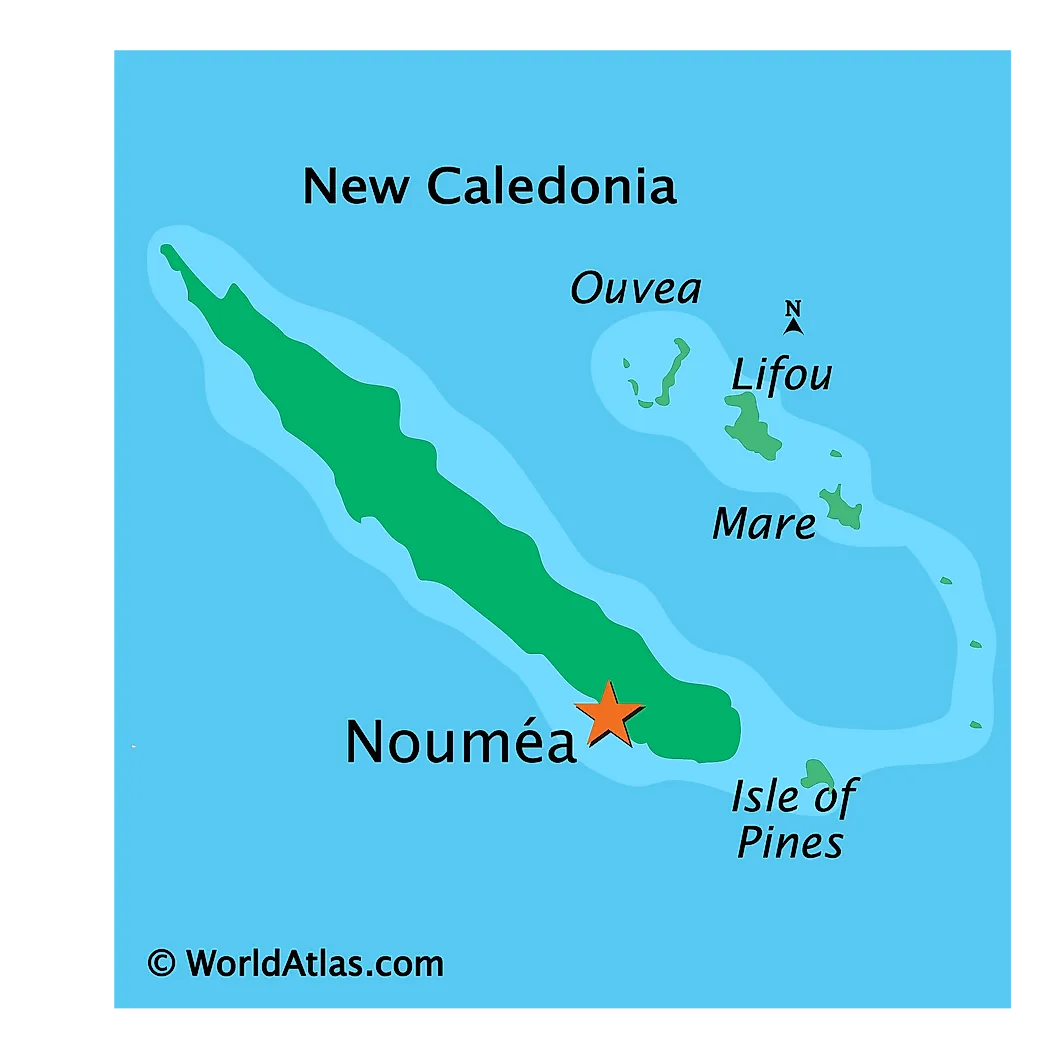French authorities in New Caledonia and the Interior Ministry in Paris reported that five people, including two police officers, were killed after protests over voting reforms by President Emmanuel Macron’s government turned deadly. At least 60 members of the security forces were injured, and 214 people were arrested due to clashes with police, according to the territory’s top French official, High Commissioner Louis Le Franc.
“Everything is being done to restore order and calm.” French Prime Minister Gabriel Attal said after a meeting at the Elysee presidential palace in Paris. He noted that, in addition to the 1,700 security forces already deployed, 1,000 more were on the way, but the situation “remains very tense, with looting, riots, and arson.”
Among the five dead were two members of the island’s Indigenous Kanak community, according to French Interior and Overseas Territories Minister Gerald Darmanin. He vowed that France “will regain total control.” adding that 10 individuals, allegedly from the pro-independence movement known as The Field Action Coordination Unit, were under house arrest.
In April, the group had supported several protests against French authorities on the island. However, Darmanin claimed the movement is a “small group which calls itself pro-independence but instead commits looting, murder, and violence.”
Leaders of a Kanak Workers Union in Paris appealed for calm and expressed deep sadness over the deaths in their homeland. “We wish to see the French government make a strong political statement rather than send troops,” union leader Rock Haocas told reporters on Thursday. “Starting a conversation would be a strong political statement.”
In New Caledonia, the National Council of Chiefs of the Indigenous Kanak people condemned “all acts of vandalism and gun violence.” However, it rejected allegations that the pro-independence movement was involved in the deadly violence.
Grand Chief Hippolyte Sinewami-Htamumu expressed full support for the pro-independence group, which has mobilized more than 100,000 people “of all ages and from all backgrounds” for peaceful protests in recent months at the capital, Nouméa, as well as throughout the island. “This is not a ‘terrorist group’ or ‘mafia group,’ as certain political leaders want us to believe,” he said in a statement on Thursday.
The state of emergency will be in place for at least 12 days as French military forces are deployed to protect ports and airports and to free up police troops. A curfew has been extended until Friday morning, said Le Franc, the high commissioner. The territory’s political parties, supporting independence and those wanting to remain part of France, appealed for calm.
Emergency powers were last imposed on New Caledonia in 1985. The measures enable French and local authorities on the archipelago to tackle unrest. They authorize house detentions for those deemed a threat to public order, allow searches and weapons seizures, and restrict movement, with possible jail time for violators.
On The Pacific island which is east of Australia, and home to about 270,000 people, tensions have simmered for decades between the Indigenous Kanaks seeking independence and the descendants of the first French who colonized the island and who want it to remain part of France.
This week’s unrest erupted as the French legislature in Paris debated amending the French constitution to change voter lists in New Caledonia. The National Assembly approved a bill that will, among other changes, allow residents who have lived in New Caledonia for 10 years to vote in provincial elections. Opponents argue this will benefit pro-France politicians in New Caledonia and further marginalize the Kanaks, who had once suffered from strict segregation policies and widespread discrimination.
Macron said Wednesday that he would convene the Congress, a joint session of lawmakers from both houses of the French parliament, by the end of June to amend the constitution and make the bill law in the absence of meaningful dialogue and consensus among local representatives.
New Caledonia became French in 1853 under Emperor Napoleon III. It became an overseas territory after World War II, with French citizenship granted to all Kanaks in 1957. A peace deal between rival factions was reached in 1988. A decade later, France promised to grant New Caledonia political power and broad autonomy, and hold up to three successive referendums on the island’s future. The referendums were held between 2018 and 2021, and a majority of voters chose to have New Caledonia remain part of France rather than seek independence. The pro-independence Kanak people rejected the results of the last referendum in 2021, which they had boycotted because it was held at the height of the coronavirus pandemic.

